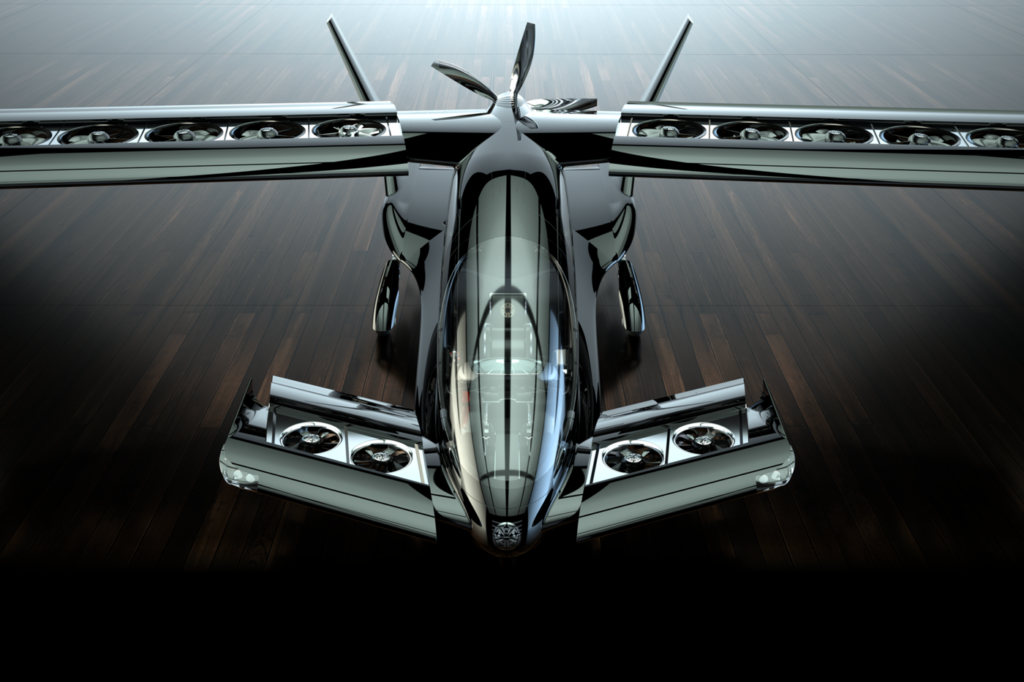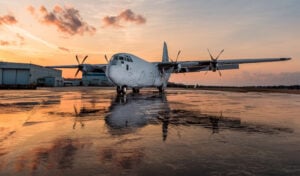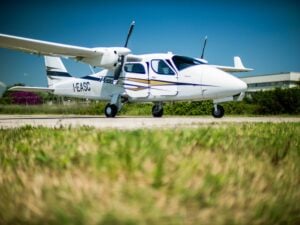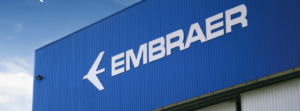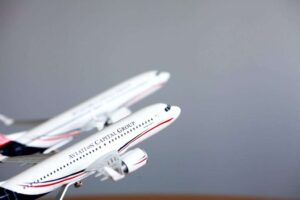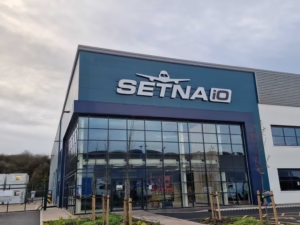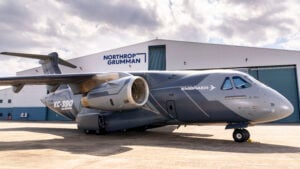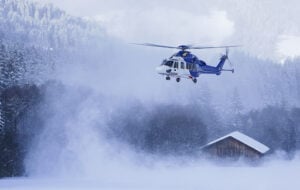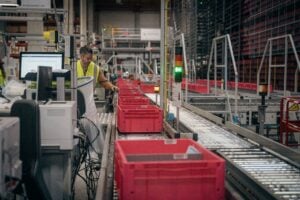Horizon Aircraft has confirmed the purchase of the PT6A engine from Pratt & Whitney Canada. The acquisition marks a major step in building the company’s full-scale hybrid eVTOL, the Cavorite X7. It also signals Horizon’s intent to redefine modern flight with proven reliability and efficient performance.
The PT6A is one of the world’s most trusted turboprop engines. It has powered hundreds of aircraft for more than six decades. Known for its durability, efficiency, and modular design, it fits perfectly with Horizon’s hybrid approach. Its reverse-flow architecture simplifies both installation and maintenance, reducing downtime and operational costs.
The Cavorite X7 will differ from most eVTOL aircraft. While many depend entirely on battery power, Horizon’s hybrid design combines gas and electric propulsion. This dual system removes reliance on charging stations, which are often unavailable in remote areas. The result is greater flexibility for military, emergency, and commercial missions.
Powered by the PT6A, the Cavorite X7 will achieve faster speeds, longer range, and improved dependability. It is also expected to cut hydrocarbon emissions by up to 30 per cent compared with traditional aircraft performing similar roles. The blend of sustainability and capability sets a new benchmark for the aviation sector.
“Choosing the right engine for our full-scale hybrid aircraft was essential,” said Brandon Robinson, CEO of Horizon Aircraft. “The PT6A is exactly what we need for our full-scale aircraft, and building a relationship with Pratt & Whitney Canada, such a respected, global leader right here at home, is another amazing win.”
Scott McElvaine, Vice President at Pratt & Whitney Canada, added: “Seeing the PT6A selected for Horizon Aircraft’s Cavorite X7 reflects its position as the most modern and versatile engine in its class today.”
This partnership showcases a shared vision for cleaner, smarter, and more resilient aviation. Horizon Aircraft’s decision underlines how hybrid technology can bridge today’s operational needs with tomorrow’s sustainable flight.

